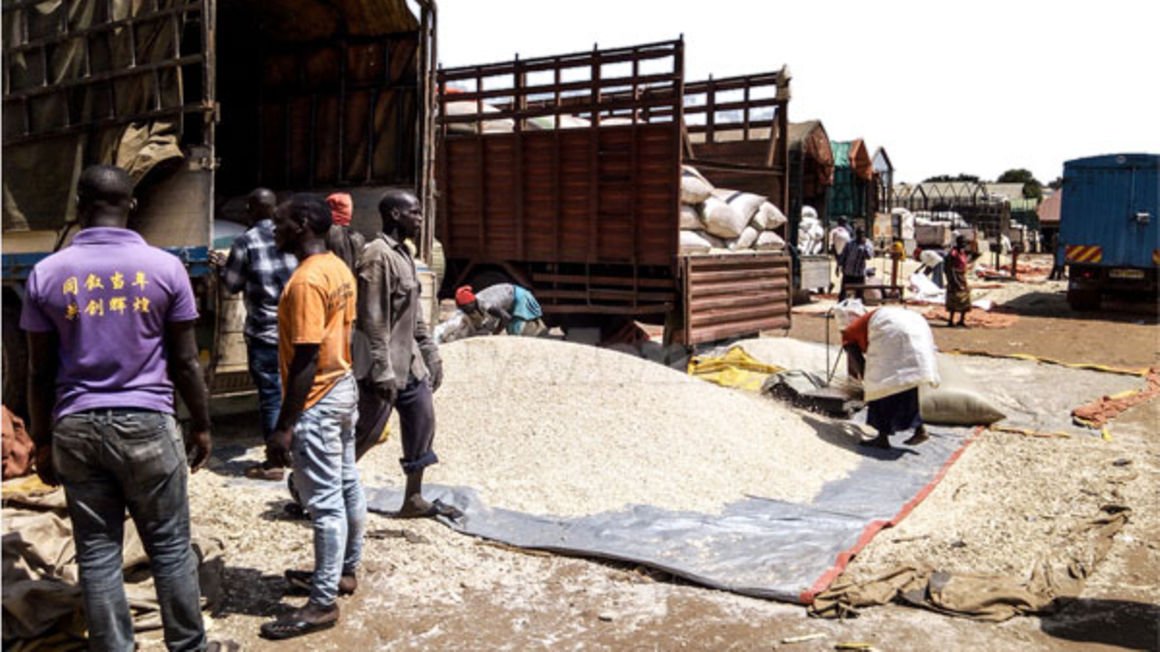Traders fail tough test for Uganda maize exports to Kenya
No maize trader has met the new tougher requirements for Kenya’s imports from Uganda that are meant to prevent influx of grain with high incidence of aflatoxin, raising fears of a shortage in the country.
The country’s Agriculture Cabinet Secretary Peter Munya said so far, traders are yet to conform to the laid down guidelines to allow them ship in the grain.
This means that there have been no imports in from Uganda for nearly a month since the conditions were introduced.
“We have tightened the controls on what is coming in from our neighbours, and so far none of the traders has met the conditions,” said Mr Munya.
Kenya had early last month banned all imports of maize from Uganda and Tanzania citing high level of aflatoxins that are beyond the allowable limits by Kenya’s standards.
The country’s maximum allowable level is capped at 10 parts per billion.
However, the directive was rescinded with Nairobi instead imposing strict conditions for traders to meet before they are allowed to import.
They include registration of all traders by the authority and issuing the details of the warehouse where the produce had been stored.
Traders importing maize from Uganda to Kenya are also required to have certificate of origin from the counties of produce before they get clearance at the border points.
The government also required traders to have certificate of conformity indicating that the aflatoxin levels complies with the set standard.
Tanzanian and Ugandan maize started hitting the Kenyan market in February before the government ban.
Kenya’s maize imports from Uganda rose five fold in January when compared with the same period last year as traders and millers rushed to bring in the produce in anticipation of a shortage in the coming months.
Data from the Ministry of Agriculture indicated the volume of maize brought in the country went up to 523,000 bags in review period from 101,000 in January 2020.

